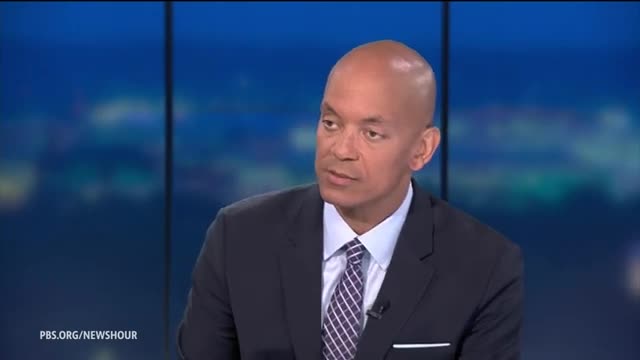Teamsters refuse endorsement shaking up political landscape
This article was created by AI summarizing key points discussed. AI makes mistakes, so for full details and context, please refer to the video of the full meeting. Please report any errors so we can fix them. Report an error »

In a recent government meeting, discussions centered around the political dynamics within labor unions, particularly the Teamsters, and their decision-making process regarding endorsements. A representative emphasized the importance of representing a diverse membership that includes Democrats, Republicans, and independents, highlighting that the organization operates from a grassroots level rather than a top-down approach.
The representative noted that the local unions maintain autonomy and have the power to support candidates of their choice, which reflects the organization's commitment to inclusivity and member leadership. This decentralized structure was underscored by the overwhelming support from the general executive board for a non-endorsement decision in the upcoming elections.
The meeting also addressed claims made by former President Donald Trump, who recently asserted that he received the endorsement of the Teamsters' rank and file at a rally. He characterized the lack of endorsement for the Democratic candidate as a significant victory for his campaign. However, the representative clarified that Trump's statements were inaccurate, emphasizing that the national organization had not endorsed any candidate, marking a notable shift in the union's political stance for the first time in decades.
This discussion reflects broader trends in labor politics and the evolving relationship between unions and political parties, as well as the implications of these dynamics for upcoming elections.
The representative noted that the local unions maintain autonomy and have the power to support candidates of their choice, which reflects the organization's commitment to inclusivity and member leadership. This decentralized structure was underscored by the overwhelming support from the general executive board for a non-endorsement decision in the upcoming elections.
The meeting also addressed claims made by former President Donald Trump, who recently asserted that he received the endorsement of the Teamsters' rank and file at a rally. He characterized the lack of endorsement for the Democratic candidate as a significant victory for his campaign. However, the representative clarified that Trump's statements were inaccurate, emphasizing that the national organization had not endorsed any candidate, marking a notable shift in the union's political stance for the first time in decades.
This discussion reflects broader trends in labor politics and the evolving relationship between unions and political parties, as well as the implications of these dynamics for upcoming elections.
View full meeting
This article is based on a recent meeting—watch the full video and explore the complete transcript for deeper insights into the discussion.
View full meeting